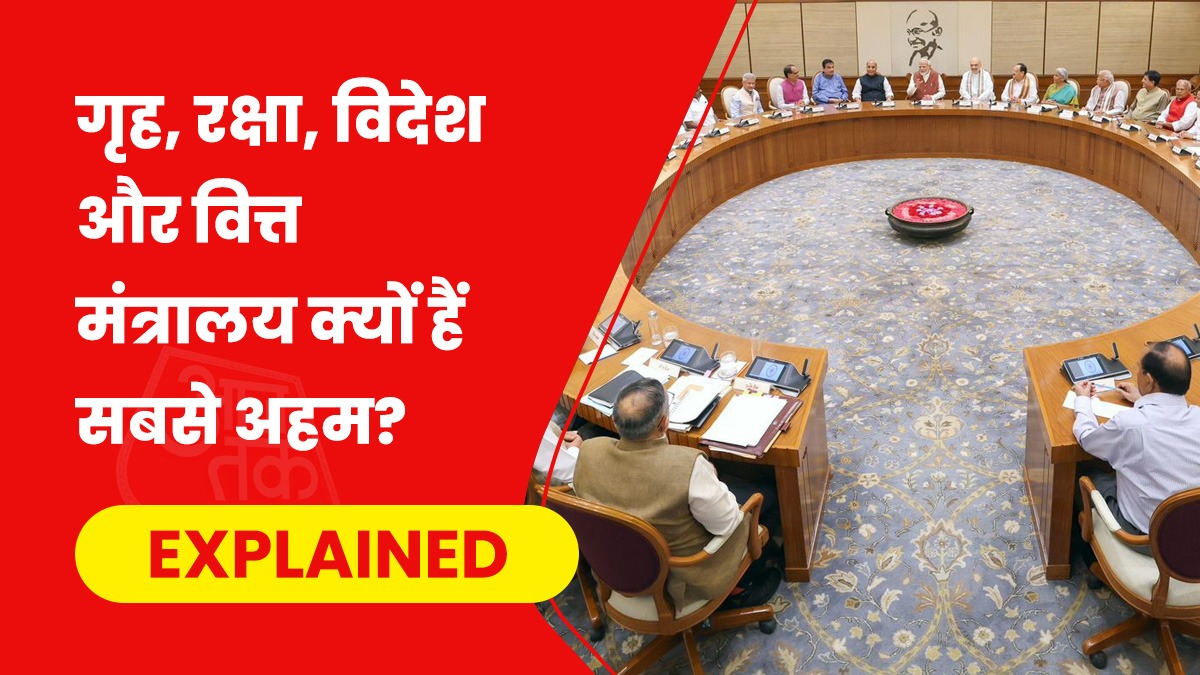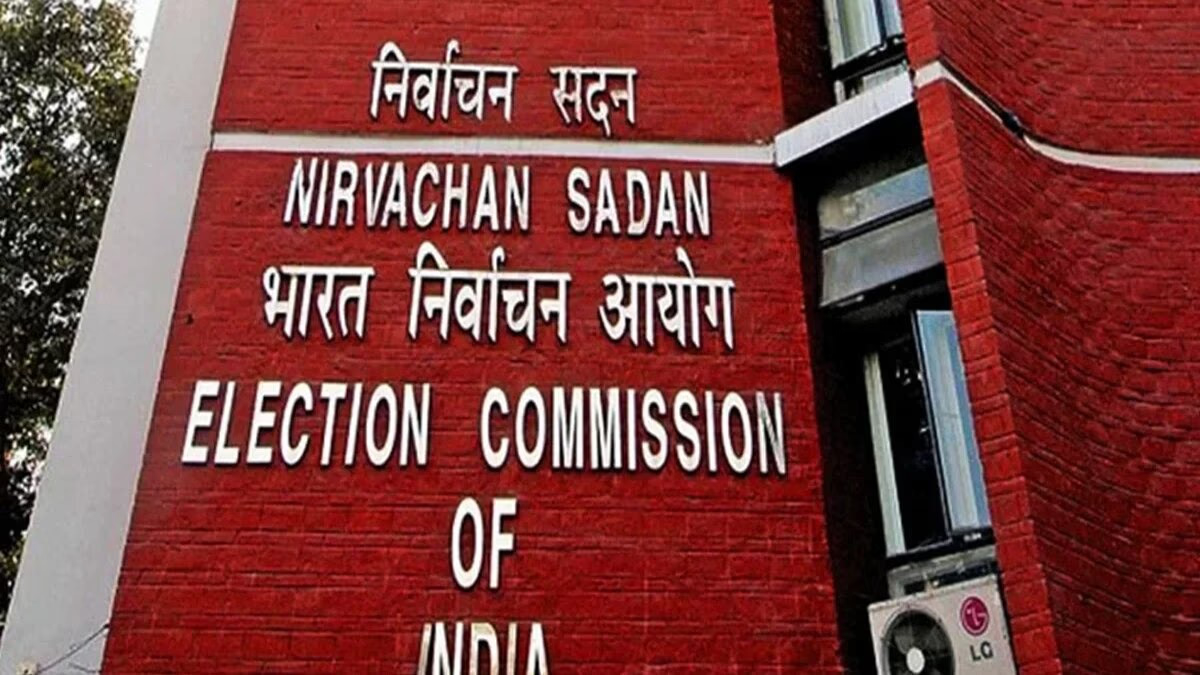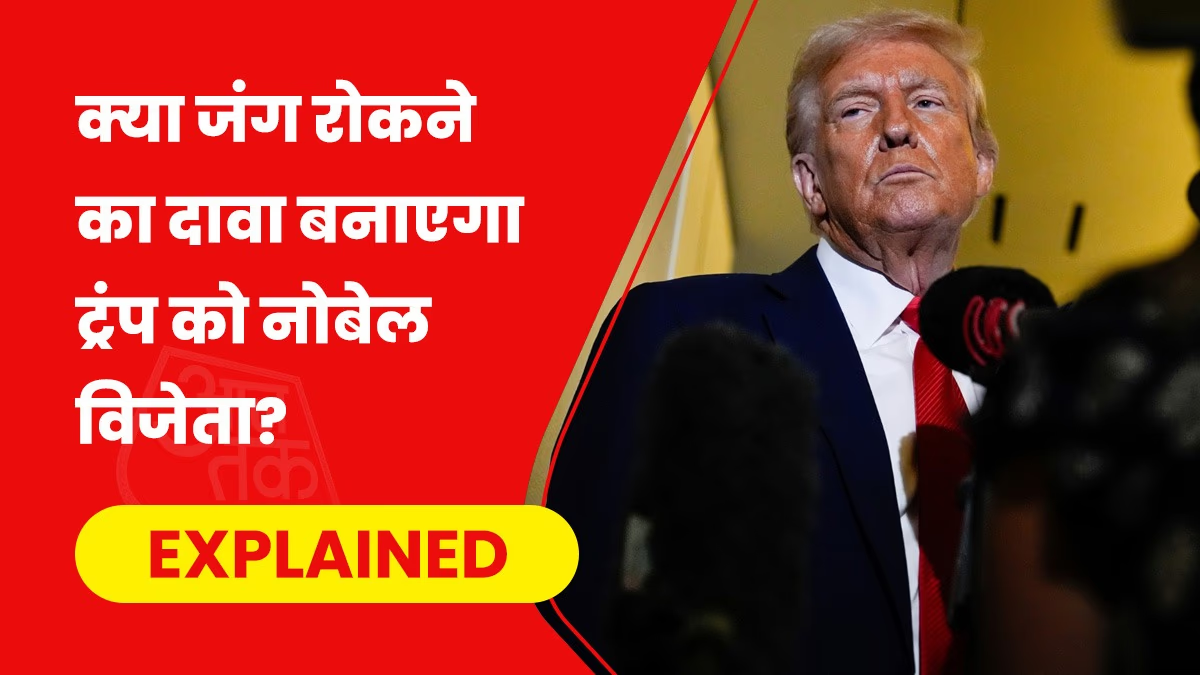In the newly formed NDA government, the distribution of ministries has been finalized. Despite the pressures of coalition, there have been no changes in the key ministries. The BJP continues to hold the four most powerful ministries.
The Home Ministry remains with Amit Shah. Rajnath Singh has once again been appointed the Defence Minister. S. Jaishankar is tasked with the External Affairs Ministry, while Nirmala Sitharaman has been re-appointed as the Finance Minister.
Home, Defence, External Affairs, and Finance are the powerful pillars of the government. They also make up the Cabinet Committee on Security (CCS), the highest decision-making body concerning security-related matters, presided over by the Prime Minister.
Not only has BJP kept these four ministries, but the heads remain the same as in Modi 2.0. So, let's explore how potent these ministries are.
1. Home Ministry
- Minister:
Amit Shah continues as Home Minister along with Nityanand Rai and G. Kishan Reddy as Ministers of State.
- Budget:
The Home Ministry is allocated a budget of over 2 trillion INR for 2024-25, more than 4% of the total budget.
- Responsibilities:
The Home Ministry manages internal security, state and central relations, border security, the official language department, and issues related to Jammu & Kashmir. The Home Minister can convene cabinet meetings and make key decisions in the Prime Minister’s absence. It oversees the construction of border fencing and deployment of paramilitary forces. The ministry is also responsible for dealing with terrorism and resolving state-level disputes or those between states and the center.
2. Defence Ministry
- Minister:
Rajnath Singh assumes the role of Defence Minister with Sanjay Seth appointed as the Minister of State.
- Budget:
The Defence Ministry has been allocated a budget of 6.21 trillion INR, 12.5% of the total budget.
- Responsibilities:
While internal security falls under the Home Ministry, external security is the realm of the Defence Ministry. It administers the three Indian Armed Forces, their chiefs, the Chief of Defence Staff, and the headquarters of the Integrated Defence Staff. Decisions on military exercises, security and technology exchange with other countries, and arms procurement are undertaken by this ministry. Additionally, the ministry manages the welfare, health, and pensions of retired military personnel. In 2024-25, the Defence Ministry plans to spend 1.41 trillion INR on pensions.
3. External Affairs Ministry
- Minister:
Member of the Rajya Sabha, S. Jaishankar has been appointed as the Foreign Minister, with Muraleedharan and Meenakshi Lekhi as Ministers of State.
- Budget:
The External Affairs Ministry has a fund of 221.54 billion INR for 2024-25, about 0.46% of the total budget.
- Responsibilities:
The ministry is entrusted with maintaining amicable relations with other countries, overseeing legal international matters, and managing the functioning of Indian embassies abroad. It is the first to decide on treaties related to borders, trade, and security with other nations. The ministry also decides on extradition matters concerning foreigners in India or Indians abroad.
4. Finance Ministry
- Minister:
Nirmala Sitharaman is re-appointed as the Finance Minister, with Anurag Thakur as the Minister of State.
- Budget:
The Finance Ministry itself doesn’t have a dedicated budget. For 2024-25, it has released a budget of 47.65 trillion INR.
- Responsibilities:
The Finance Ministry runs the country’s economy, deciding on revenue generation and expenditure. It allocates budgets to all ministries and includes the Finance Commission, which determines the share of central tax revenue allocated to states. The Reserve Bank of India, government and private banks fall under its purview. The Enforcement Directorate (ED) operates under the ministry's revenue department.
CCS Inclusion of Ministries
The Cabinet Committee on Security (CCS) comprises these four ministries. Chaired by the Prime Minister, it includes the Home Minister, Defence Minister, External Affairs Minister, and Finance Minister. National Security Advisor, Cabinet Secretary, and Defence Secretary also participate in CCS meetings. This committee is decisive on law, order, and national security issues and approves international agreements pertaining to India’s security.




